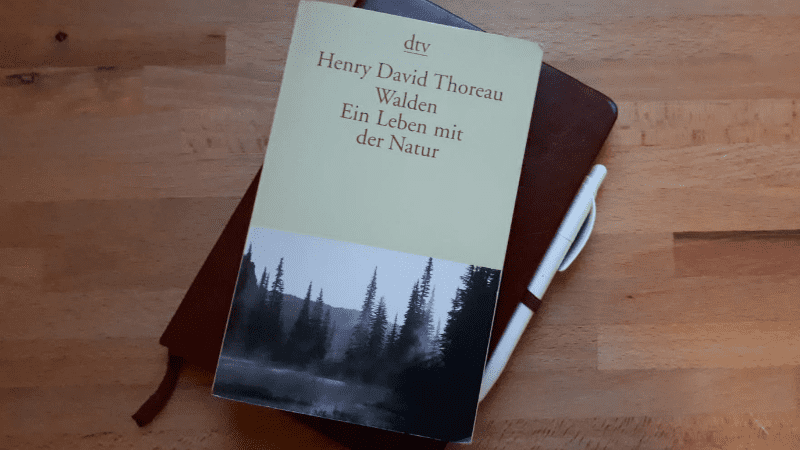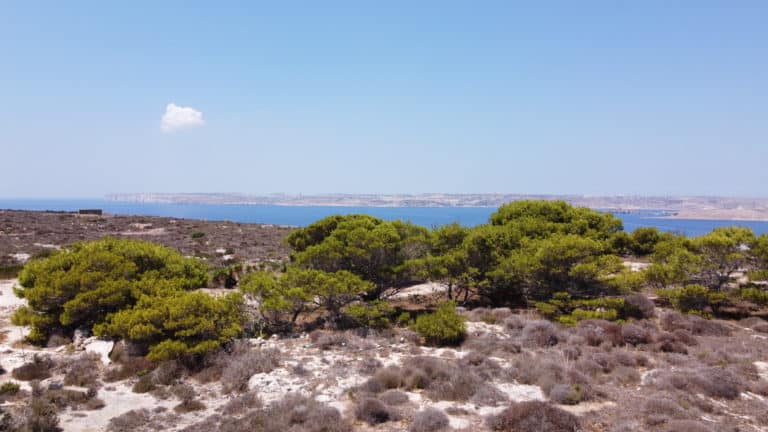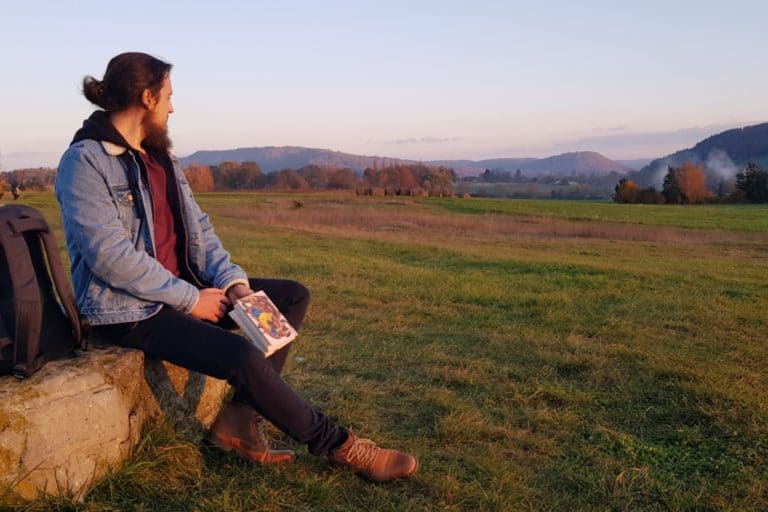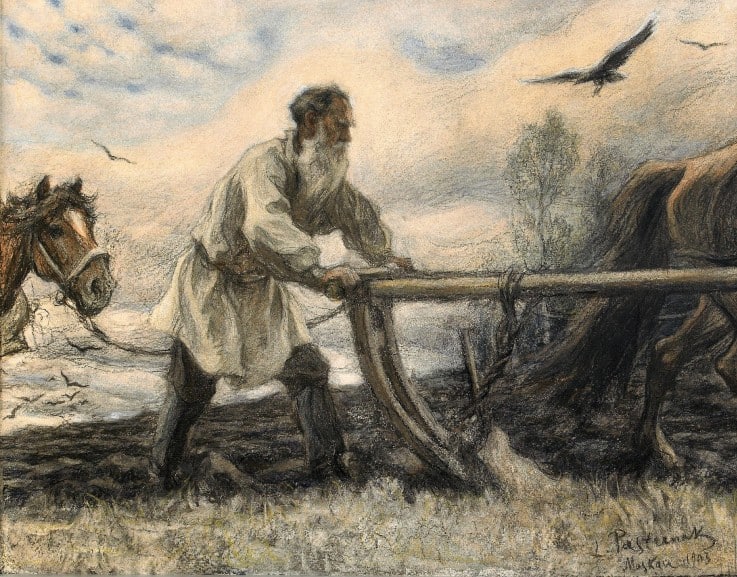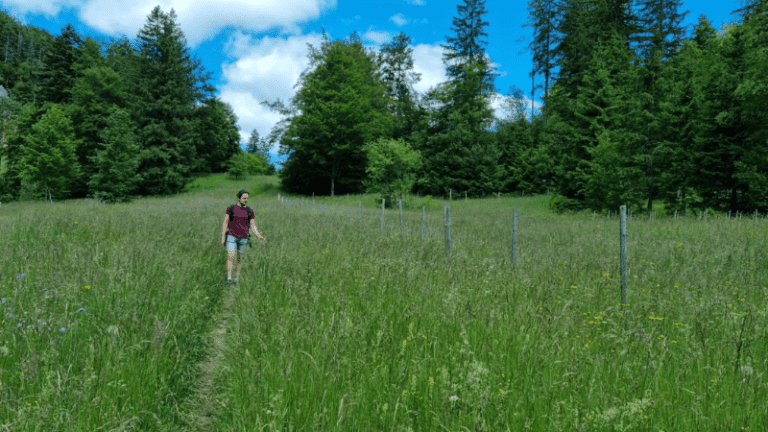Thoreau on true wealth
The following quote fits wonderfully into our blog, as we have often talked about great thinkers and their even greater schools of thought, who usually share the view that we should not be slaves to luxury and possessions. Instead, we should learn to live free of them with the least resources, so as not to exclude ourselves and freedom from each other.
"The richest is the man whose pleasures are cheapest."
Henry D. ThOreau
With this quote Thoreau wants to remind us that true wealth is not of a material nature but is based on frugality, as this brings us freedom from the consumerist society..
Epictetus formulated it almost identically:
"Wealth consists not in possessing much, but in needing little."
Epictetus
Here you can find the corresponding Article on Epictet's quote above. You will notice that the basic attitude was very similar to that of Thoreau. The motivation, however, was somewhat different. Epictetus was an ancient stoic (here you will find out what exactly is stoicism) and accordingly the focus was on making decisions with reason and logic and living in harmony with nature.
Thoreau, on the other hand, was motivated by transcendentalism, which he learned about primarily through Ralph Waldo Emerson and which focused especially on respect for nature, self-sufficiency, and free spirituality.
Thoreau and Emerson met again in 1837 through Mrs. Lucy Brown, who lived in the Thoreau's home and whose brother-in-law Emerson was. Despite an age difference of nearly fifteen years, the two had a very good rapport and it was also Emerson's land on which Thoreau would later live for two years, two months and two days at Walden Pond. This sojourn in nature is the basis for the famous "Walden, or Life in the Woods"
The reason for this self-experiment was his search for a free self-determined life which he tried to achieve through a frugal lifestyle. The book is full of statements that fewer possessions and obligations mean more freedom:
"For I consider the descent from farm laborer to factory worker as significant and drastic as that from free man to farm laborer."
Henry Thoreau
Or:
"Live free and unattached as long as you can. It doesn't make much difference if you are tied to a farm or a prison."
Henry Thoreau
So, according to Thereau and Epictetus, it is a dangerous thing to become too dependent on things. And the eminent Daoist philosopher Zhuangzi pointed out that striving for high positions does not show wisdom:
"The wise man knows that it is better to sit on the banks of a remote mountain stream than to be ruler of the whole world."
Zhuangzi
It is probably no coincidence that the great thinkers - regardless of their origins and epoch - came to the same conclusion: less is more.
And that's easy to understand, because the perceived need to accumulate more wealth and complex things like power and influence does one thing in the first place: it weighs you down.
And besides, this perceived necessity goes hand in hand with immense effort.
By the way, there are also serious problems of always striving for more materialism, not on an individual basis, but on a global basis. Luke has written on this subject the following contribution for you.
But Thoreau also made it clear that not everyone had to live the way he described in Walden. No, rather, everyone should live the way they think best, as long as they are not forced to do so. I assume that he meant not only direct coercion by fellow human beings, such as parents or partners, but also coercion imposed on us by society.
So, if we manage to enjoy the simple things in life and leave behind the desire for "more", we have the opportunity to find fulfillment and satisfaction. What is easy to say is, as we probably all know, one of the most difficult tasks. On our blog you will find several philosophical approaches to this topic and we would be happy if you would join us on this journey.

